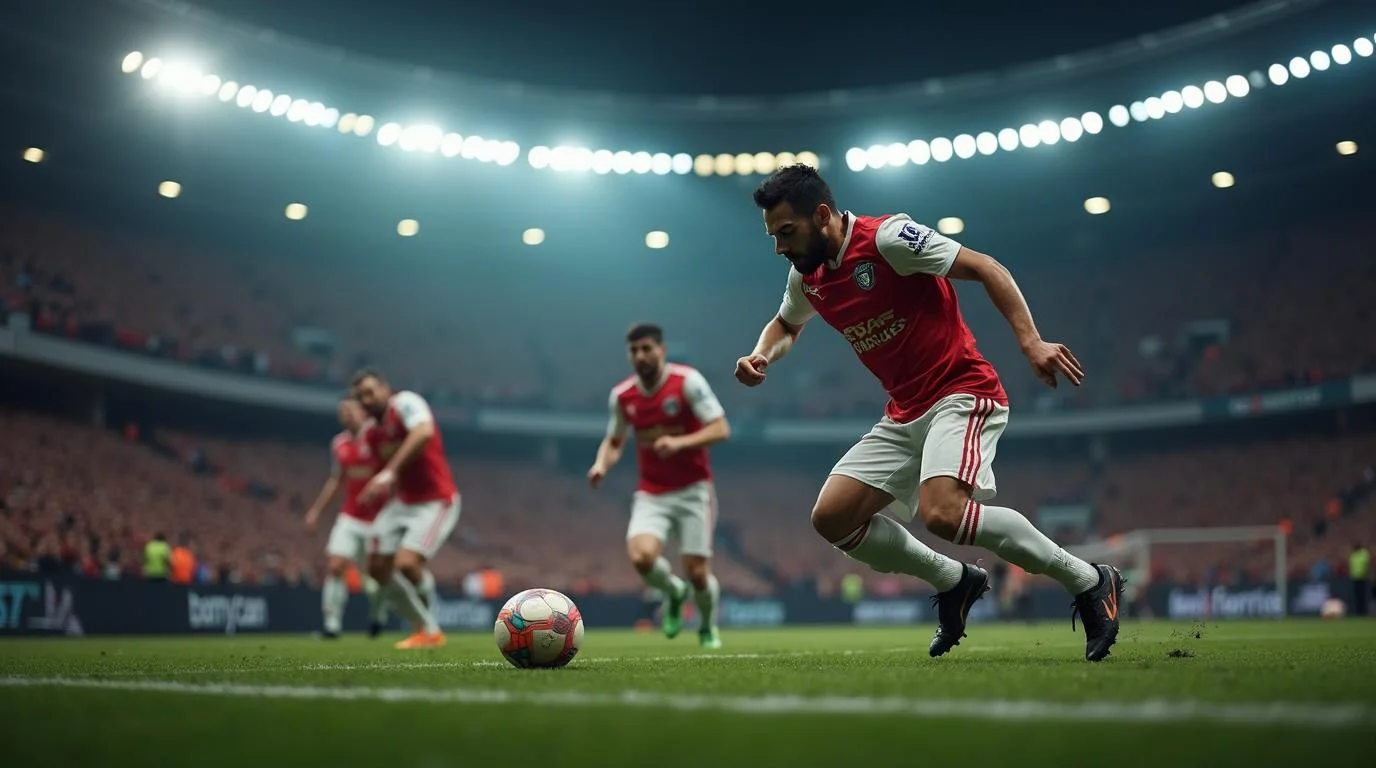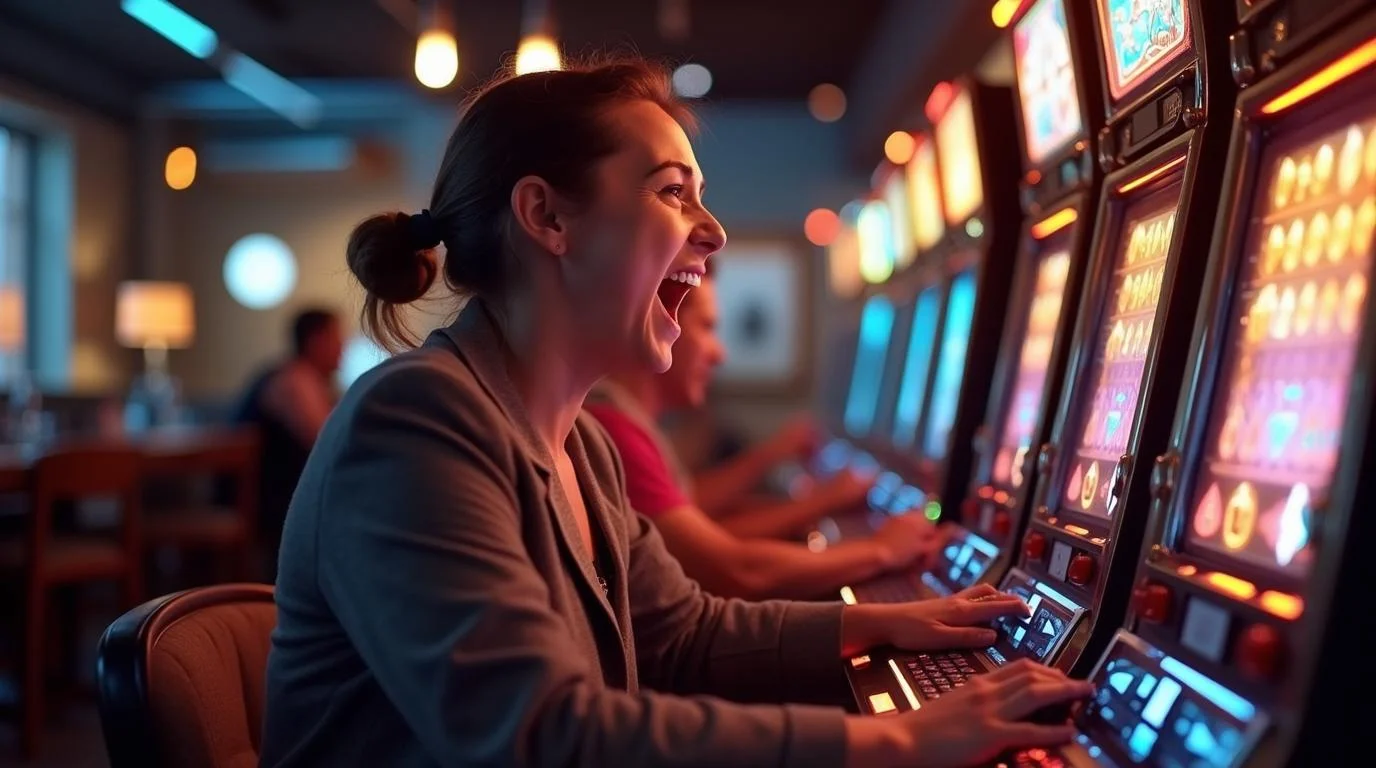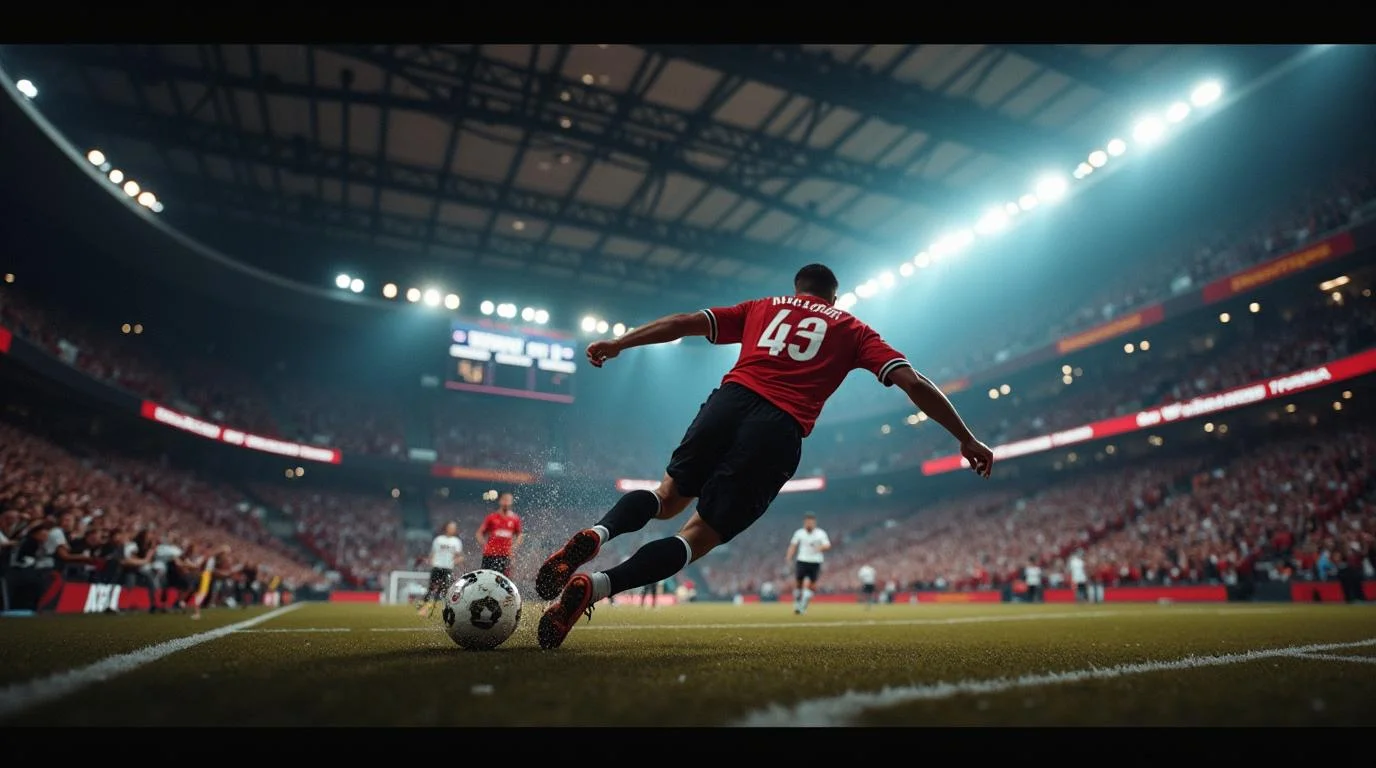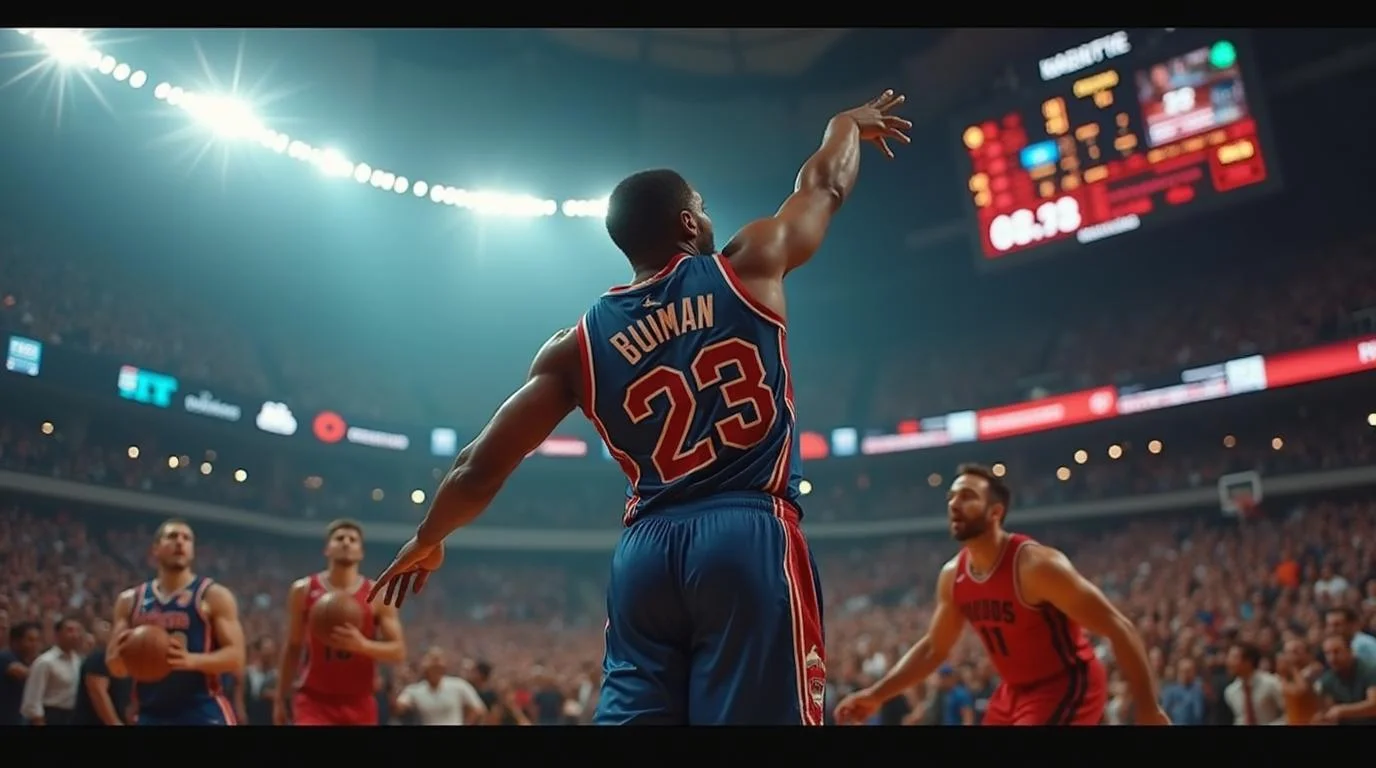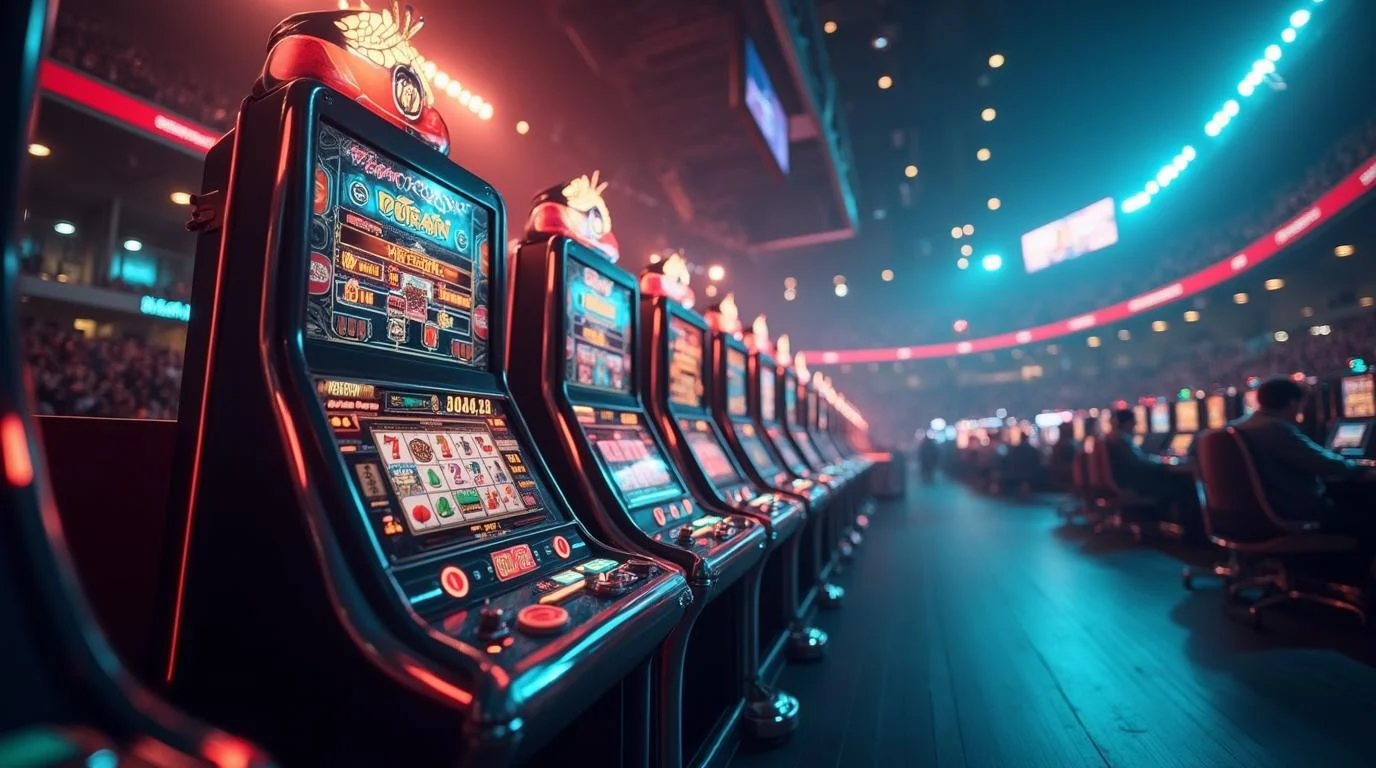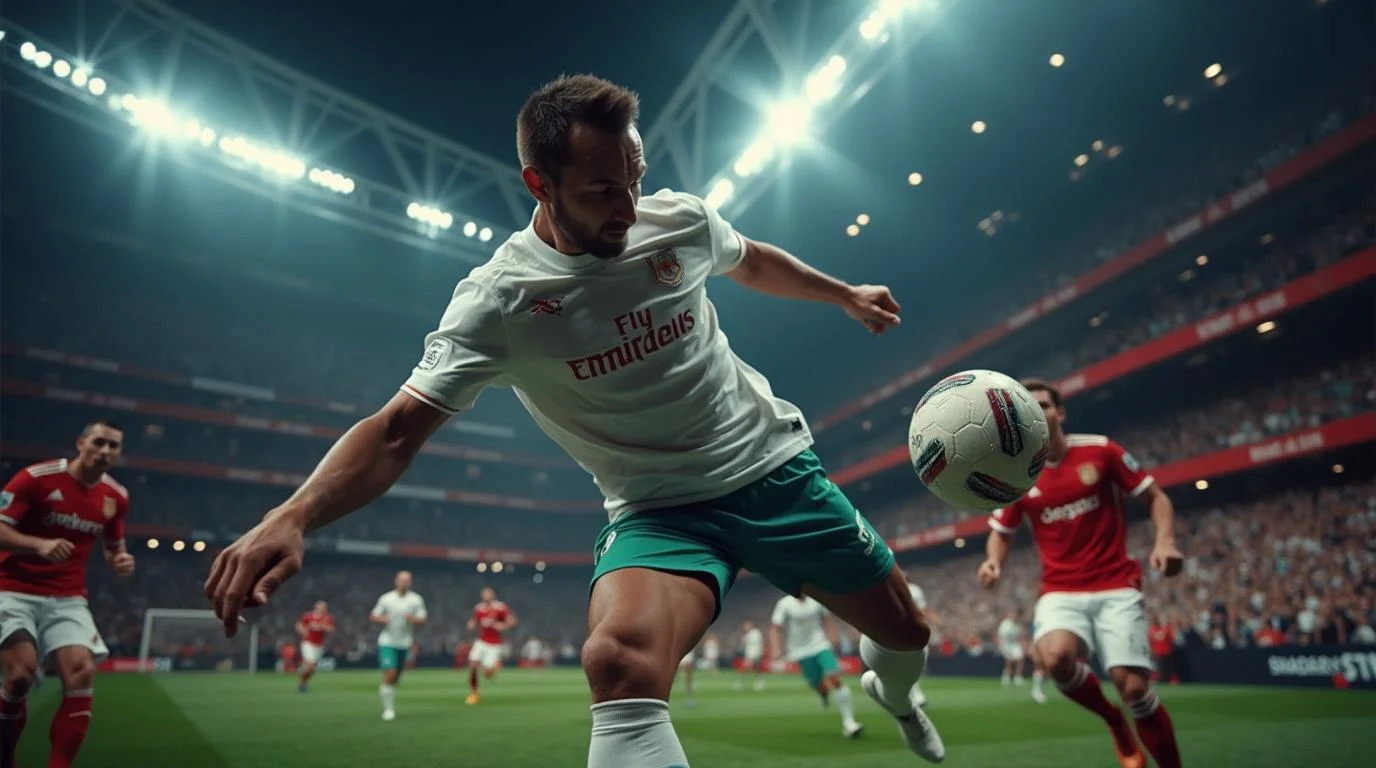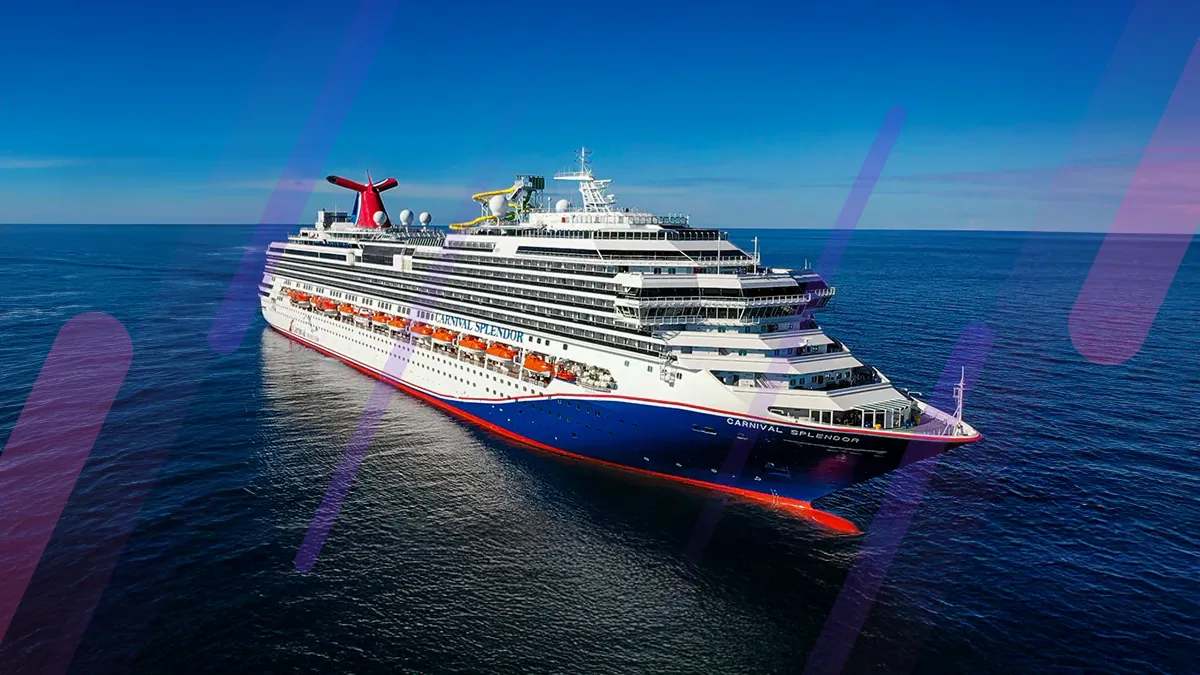The Tropicana's Scheduled Wednesday Implosion Goes Off without a Hitch

1.0
Default
The scheduled demolition of a notable Vegas landmark proceeds without any issues on Wednesday at 2:30 in the morning. It was preceded by seven minutes of drone animations and fireworks as locals and tourists watched. Bally's Corporation, which bought Tropicana, has plans to build a stadium on this hallowed ground - but insiders hope it's not just going to remain another vacant lot.
In just 22 seconds, an iconic piece of Las Vegas history was reduced to rubble. The Tropicana Las Vegas, once a vibrant cornerstone of the Strip, is now little more than a vacant lot strewn with debris. The dramatic implosion of the final two towers of the legendary hotel took place early Wednesday morning, marking the end of an era for a property that had stood since 1957.
A fitting farewell to an icon
The simultaneous destruction of the remaining two towers - each with 22 floors - was executed with precision, one second for each floor, in a breathtaking demolition that left locals and tourists in awe. The implosion, managed by GGG Demolition and Controlled Demolition, was preceded by seven minutes of drone animations and fireworks by Grucci. The show began at 2:30 am PT, and while most spectators watched safely from nearby hotel rooms, some attempted to witness the spectacle from dust-shrouded streets.
The event came with a hefty price tag. The $1.2 million operation required 22,000 linear feet of detonating cables to bring the towers down, with costs covered by a combination of public and private funds. These same funds are expected to finance an Oakland A's baseball stadium, which will occupy nine acres of the Tropicana's 35-acre site. However, doubts remain regarding the viability of this ambitious project, leaving some to wonder if the Strip could end up with yet another empty lot, much like the site of the Frontier Hotel, imploded back in 2007 and still undeveloped.
Bally's vision for the future
Soo Kim, chairman of Bally's Corporation, owner of the Tropicana, delivered a poignant speech before the implosion. "Bally's is honored to have been part of this historic moment, bidding farewell to the iconic Tropicana," Kim said. "As we celebrate its legacy, we look ahead to building a world-class entertainment resort, the future home of the Athletics, and reinforcing Las Vegas as the ultimate sports and entertainment capital."
A's and Bally's officials made efforts to link the implosion with the future construction of a baseball stadium for the Oakland A's. The logo of the "Las Vegas A's" even made its public debut, projected onto one of the towers just before it crumbled to the ground. However, significant questions remain, particularly regarding financing. John Fisher, the team’s owner, has yet to secure the $850 million in equity financing required for the $1.5 billion construction cost of the stadium. These financial uncertainties have cast doubt on whether the stadium will come to fruition.
The Tropicana's storied past
The Tropicana Las Vegas, often referred to as the "Tiffany of the Strip," was a landmark of opulence and glamour. Its South Beach-inspired architecture and reputation for luxury made it a prime destination for celebrities and tourists. When it opened in 1957, the Tropicana boasted the biggest casino in Vegas, with its $15 million construction cost far surpassing the budgets of its competitors. For decades, the Tropicana stood as a symbol of the high life, frequented by stars like Elizabeth Taylor and Sammy Davis Jr.
However, the Tropicana's early years were marred by its ties to organized crime. The property was leased to Hotel Conquistador Inc., owned by Phil Kastel, who had deep connections to the Luciano family. Despite efforts to distance the hotel from its mob ties, an assassination attempt on New York mobster Frank Costello in 1957 and the subsequent discovery of a promissory note from the Tropicana only served to strengthen its association with organized crime. Still, the casino thrived, with its intrigue possibly even adding to its allure.
By the 1970s, the Tropicana struggled to keep up with its newer, more lavish competitors, including the International Hotel and Caesars Palace. After a series of ownership changes and criminal scandals, the Tropicana's fortunes began to decline. Penn National Gaming purchased the property in 2015, and in 2022, Bally's Corporation acquired its assets, sealing the hotel's fate with its closure in April 2024.
A legacy remembered, a future uncertain
Though the Tropicana's towers have now been reduced to dust, its legacy endures as one of the most storied properties in Las Vegas history. For nearly seven decades, the hotel was a symbol of the city's glamour, hosting countless stars and serving as a testament to Las Vegas' status as an entertainment mecca.
As the dust settles, the question remains: will the Oakland A's stadium project bring new life to the site, or will it become another vacant lot on the Strip? For now, the fate of the Tropicana's land is as uncertain as the outcome of many of the high-stakes games that once took place within its walls.










